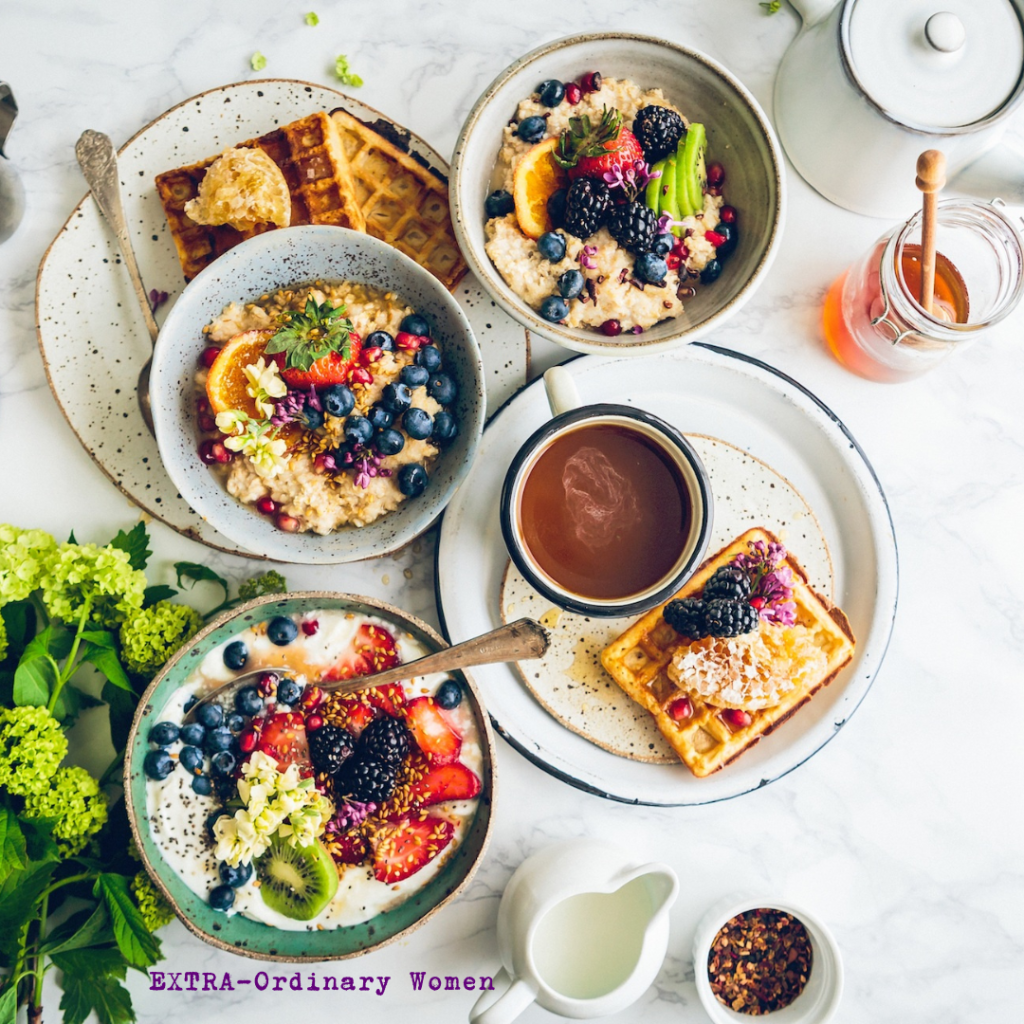Did Michelle Obama’s lifelong consistency in breakfast choice contribute to a healthy routine?
While not the most thrilling practice, having the same breakfast every day is a common habit, as demonstrated by Michelle Obama.

During the first episode of the recently launched podcast “Your Mama’s Kitchen,” hosted by Michele Norris, Michelle Obama shared that she had consumed a peanut butter and jelly sandwich for the majority of her life.
“I kind of struck a deal with my mother because I reasoned that peanuts provided protein and a touch of oil, and bread was harmless. If we could have toast, why not in sandwich style? And jelly, well, everyone was enjoying it on their toast. So, I decided to spread it over my peanut butter. My mom eventually gave in,” Obama reminisced.
The ex-first lady, known for championing health-conscious eating campaigns during her time in the White House and maintaining that advocacy, now incorporates a bit more diversity into her morning meal regimen. Nonetheless, she’s not an outlier in embracing a consistent breakfast practice. Sticking to the same breakfast routine is a prevalent phenomenon; a recent study featured in the “Appetite” journal revealed that approximately 68% of the surveyed individuals stuck to their morning meal choices.
The motivations driving a regular breakfast routine are as diverse as the individuals who follow them. Some find solace in routines, others relish their preferred choices, and some aim to simplify their mornings. Such customary breakfasts also provide solutions for budgetary constraints and accessibility concerns. However, the question remains: does consuming an unvarying breakfast daily contribute to a healthy lifestyle?
The response is affirmative, though with certain conditions.
Experts in diet and nutrition concur that maintaining a consistent breakfast has its advantages and drawbacks. On the positive side, it can promote organization, financial efficiency, and the development of healthy patterns. Conversely, adhering to the same breakfast routine might prove detrimental to gut health if the meal lacks proper balance.
According to virtual dietitian Chelsey Amer, she informed NBC that, “As long as you’re altering the ingredients you incorporate on a weekly basis, you’re consuming a diverse range of nutrients gradually. After all, our overall well-being reflects the collective impact of our decisions made over time.”
While this counsel is certainly worth contemplating, Black nutritionists emphasize that the definition of “healthy” possesses deeper complexities, particularly when it comes to Black individuals.
Marisa Moore, an Atlanta-based culinary and integrative dietitian of Black heritage, conveyed in an interview with Today, “If individuals are led to believe that achieving health necessitates a shift solely towards consuming brown rice, organic fresh fruits and vegetables, sipping matcha lattes, and embarking on extravagant retreats, all while dishes like greens and bean preparations with meat are deemed ‘unhealthy,’ it might create the perception that healthy eating is beyond reach. Forsaking one’s cultural cuisine should not be a precondition for wellness.”



